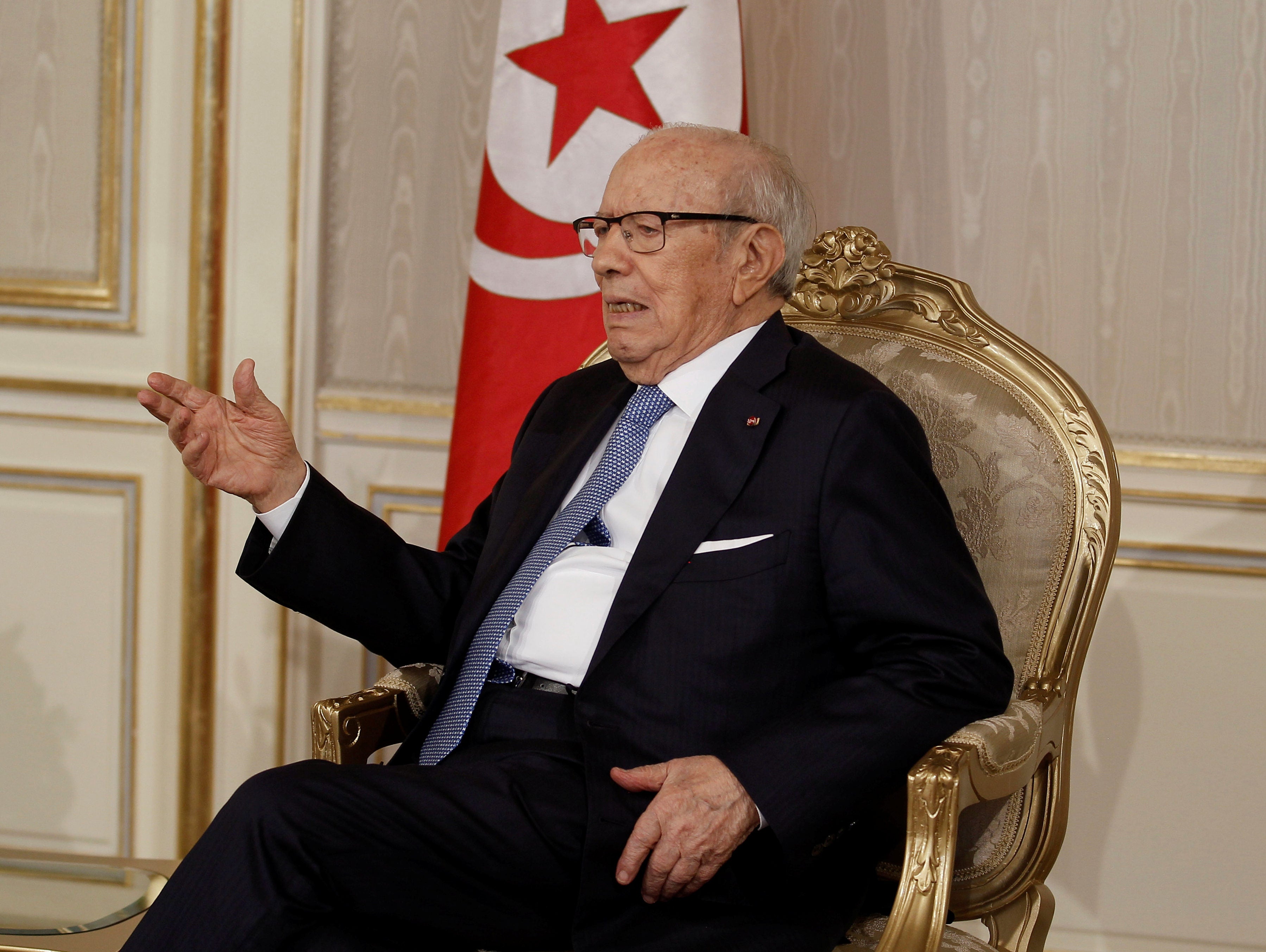
Tunisia has become the second state to sign up to the Declaration on Media Freedom in the Arab World, hailed as a “turning point” for press freedom by the International Federation of Journalists.
President Beji Caid Essebsi signed the declaration during a meeting in Tunis today in front of delegates from the IFJ, Tunisian workers’ unions, UNESCO and the Office of the High Commissioner for Human Rights.
The declaration – a clear commitment to the principles of media freedom, independent journalism and the right to information – has already been backed by Palestinian President Mahmoud Abbas.
According to the IFJ, which is campaigning against a media crackdown in Turkey after the failed presidential coup, said heads of all parliamentary groups in Tunisia have also signed it.
A national meeting of 150 representatives from media organisations, editors, trade unions, national commissions and institutions and journalists followed the signing.
Monir Zaarour, IFJ coordinator for the Arab World, said: “Today will be remembered as the turning point for media freedom in Tunisia and the Arab World.
“It is a recognition that press freedom and independent journalism is not only a force for public good, it is also a public good itself.
“Signing the declaration today will pave the way for the establishment of a regional mechanism to support media freedom in the Arab world that is truly independent from government control with the declaration at its heart”.
Neji Bghouri, SNJT union president and IFJ executive committee member, said: “This is a historic day for press freedom in Tunis and the region.
“Today we have agreed clear guidelines for reforming the Tunisian media.
“It will serve as a guide to the government due to be sworn in today and the parliament when they start the process of passing the media legislation, especially reforming public service media and the law on the higher independent commission of the regulation of the audio visual sector”.
The declaration was adopted at a meeting hosted by the IFJ and the Moroccan journalists union (SNPM) in Casablanca in May 2016.
The IFJ says it is the first step to establishing a Special Mechanism for Media Freedom in the region to uphold the principles contained in the declaration.
The declaration is the culmination of a 20-month process of consultation with technical experts and media stakeholders and is supported by hundreds of journalists unions, broadcasters, human rights organisations and press freedom groups, according to the IFJ.
It sets out 16 key principles, among them: freedom of expression, freedom of information, journalists’ safety, media law reform, self-regulation, equality and the independence of public service broadcasters.
Picture: Reuters
Email pged@pressgazette.co.uk to point out mistakes, provide story tips or send in a letter for publication on our "Letters Page" blog
